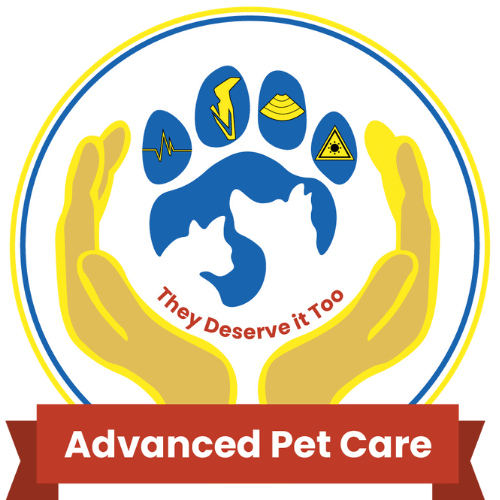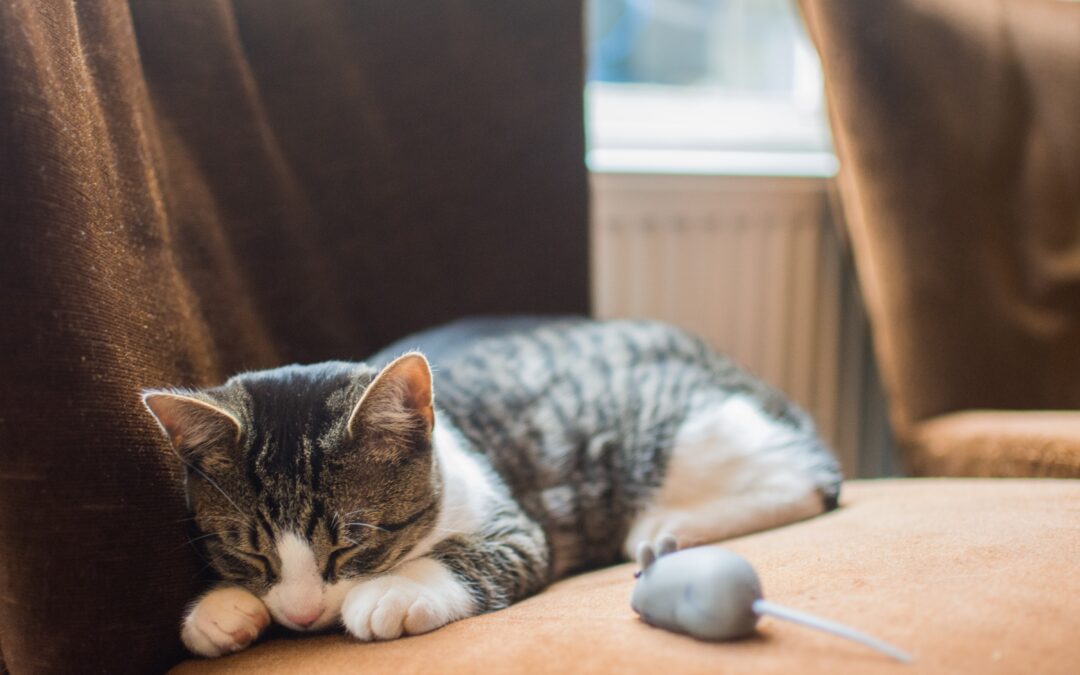Five Dangers Around Your Home That Could Pose a Threat to Your Furry Friend
In recognition of National Animal Poison Prevention Week (March 19-25), we want to spread the word about the most frequent household products that are poisonous for our four-legged friends.
Medications
Pets, particularly food-motivated canines, may snatch up dropped pills before their owners even have a chance to grab them. They could sniff out medication bottles in visitors’ bags or rummage through the countertop for some treats – which unfortunately happens more often than we’d like. Unfortunately, an overdose of medications can be fatal for pets. If your pet has ingested any form of medicine—from heartworm preventatives to prescription drugs—contact an animal poison control hotline right away!
Food
The kitchen is an irresistible hotspot for your pet and holds a multitude of hazardous treats. Chocolate, macadamia nuts, xylitol, avocados, unbaked yeast doughy delights, as well as alcohol-containing products such as grapes and raisins, can all cause numerous serious illnesses ranging from kidney failure to seizures in our furry friends. To prevent your food-loving companion from pilfering through the pantry while you cook away – get yourself a locking trashcan! That way, we can keep curious noses out of trouble.
Household chemicals
Your pet’s health is of utmost importance, so make sure to tuck away these common chemicals that can cause harm if ingested:
- Cleaning products
- Disinfectants
- Aerosol air fresheners and other products
- Candles
- Antifreeze
- Windshield washer fluid
- Paint
- Glue
- Nail polish remover
Houseplants
Household plants can be hazardous to your furry friends, particularly lilies for cats. If merely coming in contact with the pollen of a lily is enough to cause death, other common houseplants, such as dieffenbachia, elephant ear, and spider plants should also be avoided. Outdoor wildflowers are no exception – ivy and oleander pose similar risks too! To make sure that both you and your pet stay healthy when bringing home flowers or greenery from outdoors – take an extra minute out of your day to review the ASPCA’s toxic plant list before introducing anything new into the household.
Batteries and coins
If your pet ingests batteries or coins, they can suffer from metal poisoning. Even worse, if a battery is chewed and punctured by them, painful chemical burns may occur. A potentially dangerous gastrointestinal blockage could arise if an intact battery is swallowed whole.
If you believe your beloved pet has been exposed to any hazardous material, reach out to us straight away.

